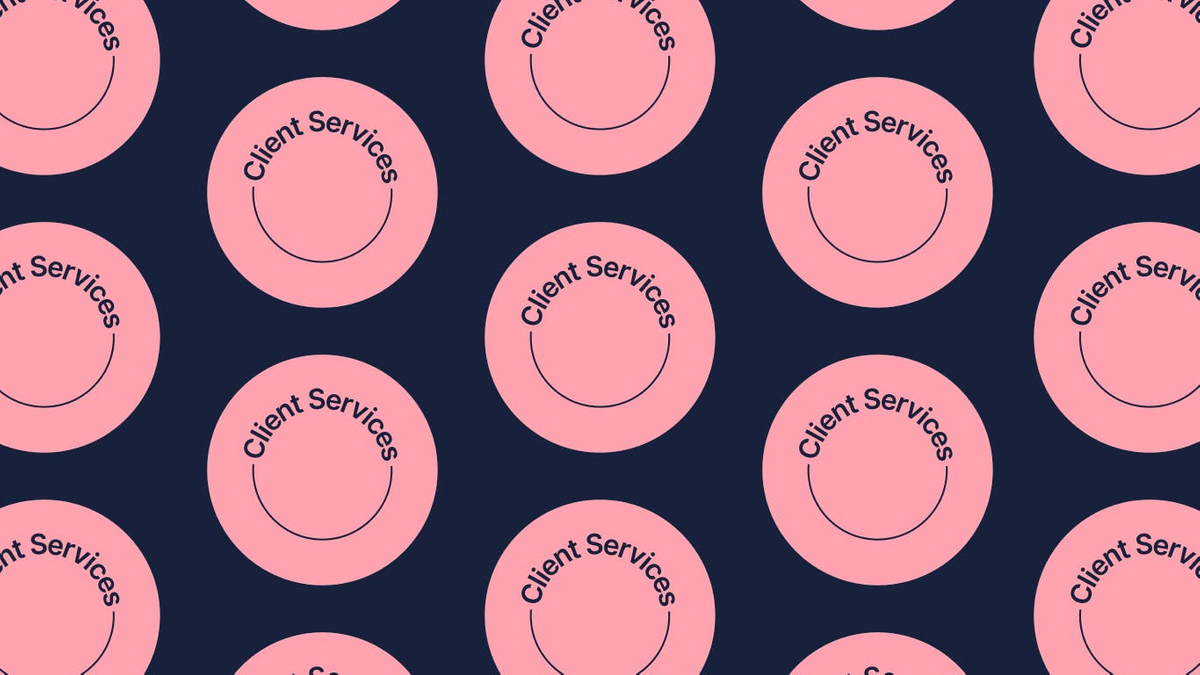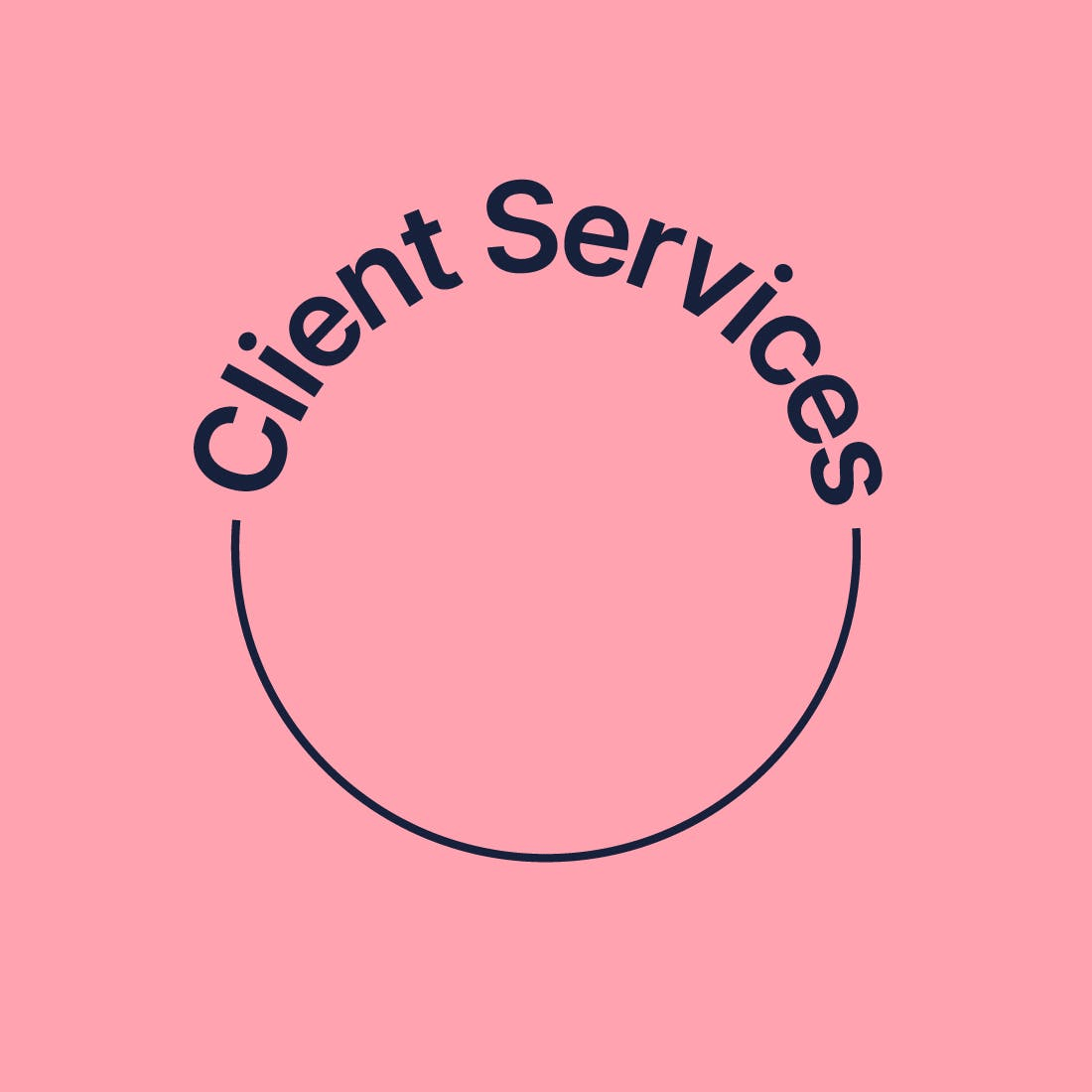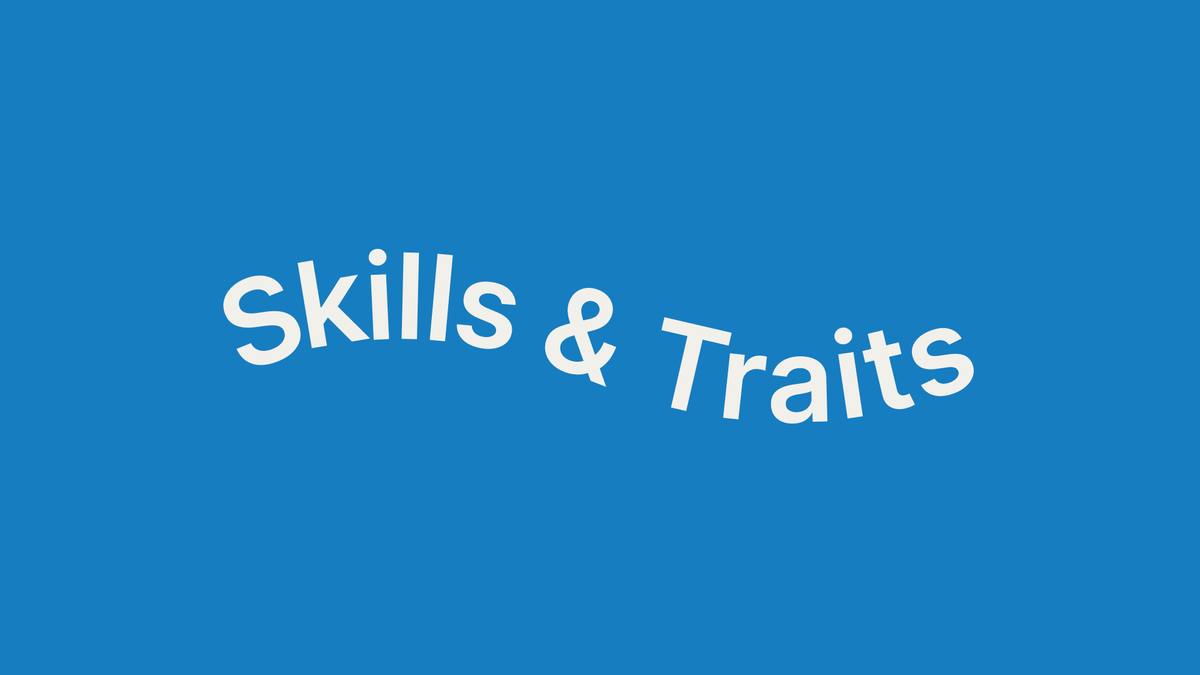Client Services Skills
Words by Dina Savva, Account Executive
— March 2021
As an Account Executive working in advertising and a Greek dance teacher on the side, Dina Savva has had the opportunity to work with the likes of Colgate-Palmolive and Maybelline helping to bring the brands to life across digital, TV, in-store displays, social and print. At the end of last year, we asked her to share what Account Management really is and some of the things that will serve you well when thinking about getting into it.
Account Management, also referred to as Client Services, is the team of business professionals that service the day-to-day needs of clients. We’re the buttoned-up crew that, plainly stated, gets things done. We are the face of the agency and also act as the client representative when interacting with internal teams. We collaborate with and motivate every department of an agency, to push through client goals, and manage expectations to set the team up for success.
If you’re intrigued by the creative process, hold leadership qualities, and are business savvy, Account Management might be right for you. If you’re not entirely sure yet, I’ve listed 5 top skills and habits I believe are necessary for the role that you should practice, and ultimately master, as you consider the world of Account Management.
Be organized
As an Account Manager, you will certainly have an expansive amount of workflows to supervise and it’s your responsibility to make sure no details fall through the cracks. This means monitoring the entirety of a campaign’s process - from brief to release - through the art of project management. Some useful tactics to maintain workflows are: tidy status documents, concise project timelines, detailed meeting recaps with actionable next steps, and orderly file sharing systems. Mastering the administrative side of Account Management will keep you accountable for your projects and help you become a valuable source of information for your team. If a client inquires about a specific project detail on a status call, you should be able to have the information handy, or even have the answer straight away without referencing materials, thanks to your nifty operational system.
Be proactive
See something cool a competitor brand launched? Heard about a new technology that your client could benefit from? Good. Write about it! As an Account Manager, you must have a pulse on the latest news and advancements in your client’s industry. Gather a few of these announcements and share a thoughtful synopsis of each, with a list of key takeaways, to share with your team, managers and clients. Prove that you’re a leader who’s invested in the business and curious about the growth of your client’s brand.
One of the greatest assets you can provide to your team is the ability to strategically think ahead and have a solution to a problem under your belt before it exists. After some experience, you will better understand nuanced roadblocks and have the power to use your resources to solve them, but starting out you can still anticipate solutions to simpler obstacles. Feel like your creative team isn’t engaged in status meetings? Find a way to spark their interest. Something as simple as adding color or graphics to status documents might be the solution for more visual learners.
Be thoughtful
Not only must you be thoughtful with the way you work but who you work with. Sometimes the creative team may feel overwhelmed with deadlines, and that’s when you step in to reprioritize needs and manage client expectations. Our creative team does their best work when they feel supported and they need us to listen, be their representative, and provide them with a solid environment to do so.
This also involves building professional personal relationships with your team members and clients. Having a friendly demeanor will help bring synergy to the teams and provide a pleasant workspace as you manage demanding deadlines and expectations. Heard your client just came back from a holiday? Be curious and spark a conversation with them about it before jumping into work discussions.
Be an excellent communicator
As the gatekeeper of project workflows, we collaborate with a number of cross-functional teams to push content, like new product launches or rebrands, live. Whether setting plans with producers for a TV shoot or strategizing with media on a search campaign for online retailers we must know how to speak every team’s language and successfully relay information back to clients. Since there are usually tons of details flowing between teams, we want to utilize our strong business writing skills to synthesize the conversations into concise and digestible narratives. These narratives are used in emails, presentations, reports, etc.
Beyond maintaining a smooth correspondence with stakeholders, we want to continuously manage the client’s expectations. This involves keeping the client aware of project progressions and concerns through daily touch-bases and status meetings. By maintaining this transparency, we reduce the risk of disappointments and crises.
Be adaptable
This trait is essential to roles in a myriad of industries, and incredibly important in advertising as priorities can change in an instant. Clients may provide one direction during a creative briefing, then change it entirely due to conflicting consumer testing results. This does not mean Account Managers say yes to every alteration clients request, but strategically push back and accommodate where needed to ensure the original project goal is not compromised.
Flexibility is also imminent when working within your internal agency team. It’s not unusual that supervisors shift your roles and responsibilities often. They may do this to adapt to changes in client priorities but also to challenge you and provide room for you to grow.
See our latest posts





